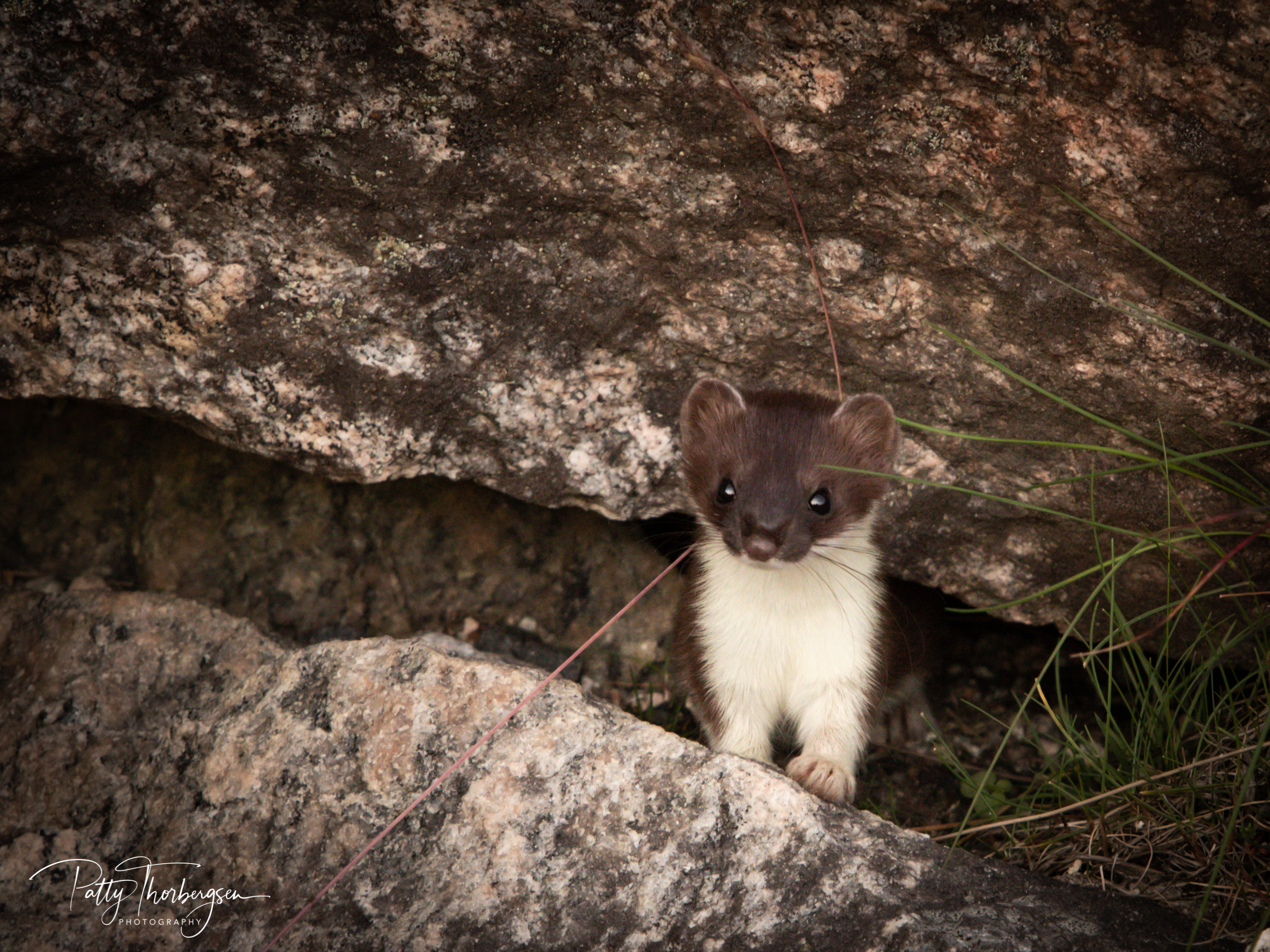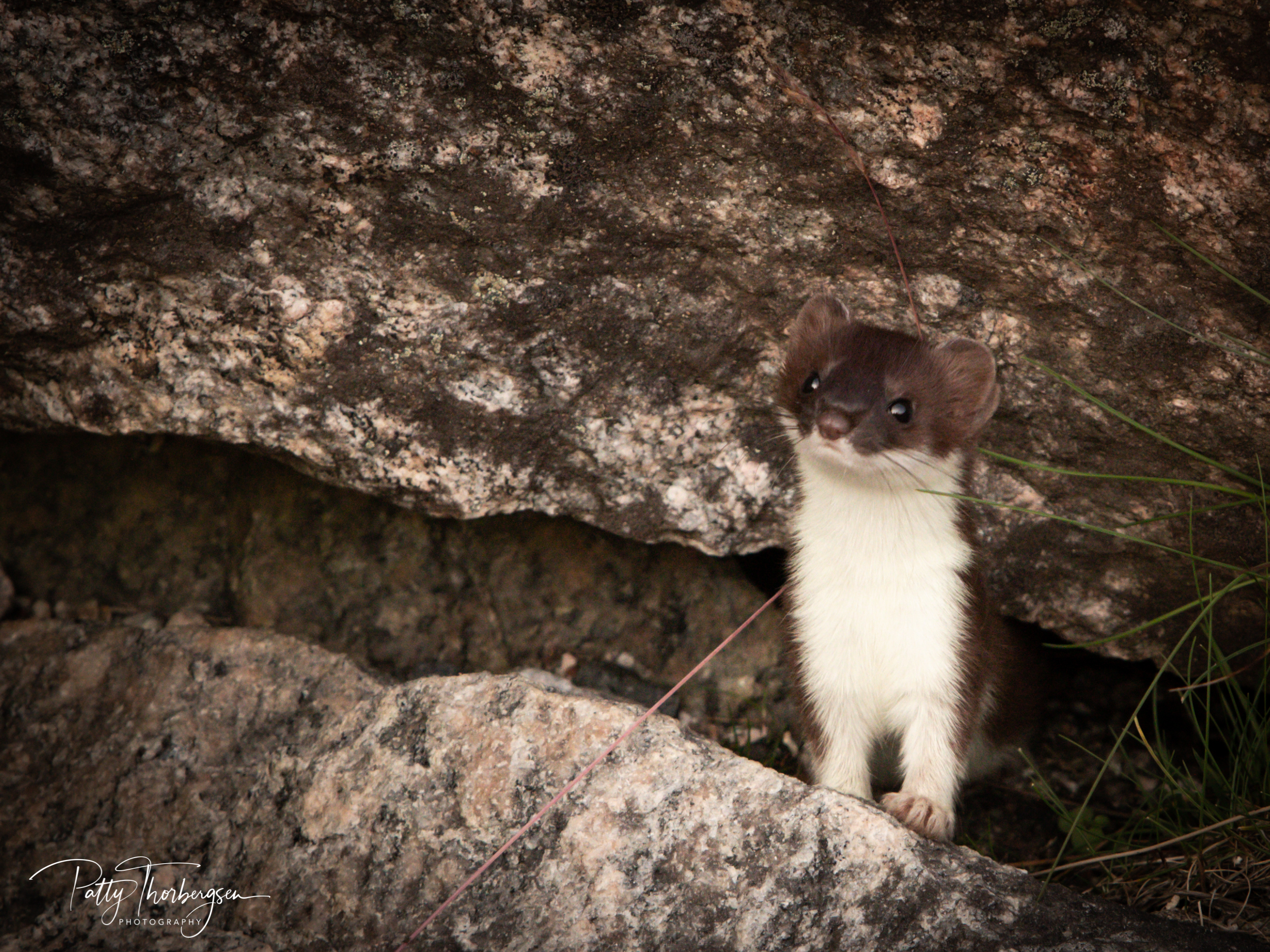Copyright © Patty Thorbergsen All rights reserved.
To request such permission or for further enquires, please contact: patty@thorbergsen.com
Harstad, 18.04.2020
Harstad, 18.04.2020
Harstad, 18.04.2020
Harstad, 18.04.2020
Copyright © Patty Thorbergsen All rights reserved.
To request such permission or for further enquires, please contact: patty@thorbergsen.com

Harstad, 18.04.2020

Harstad, 18.04.2020

Harstad, 18.04.2020

Harstad, 18.04.2020
The Eurasian curlew or common curlew (Numenius arquata) is a wader in the large family Scolopacidae. It is one of the most widespread of the curlews, breeding across temperate Europe and Asia. In Europe, this species is often referred to just as the "curlew". This is the largest wader in its range, at 50–60 cm in length, with an 89–106 cm wingspan and a body weight of 410–1,360 g. It is mainly greyish brown, with a white back, greyish-blue legs and a very long curved bill. Males and females look identical, but the bill is longest in the adult female. It is generally not possible to recognize the sex of a single Eurasian curlew, or even several ones, as there is much variation; telling male and female of a mated pair apart is usually possible however.
(Text - Wikipedia)

Sandsøy, 16.04.2020

Sandsøy, 16.04.2020

Sandsøy, 16.04.2020
Copyright © Patty Thorbergsen All rights reserved.
To request such permission or for further enquires, please contact: patty@thorbergsen.com
Copyright © Patty Thorbergsen All rights reserved.
To request such permission or for further enquires, please contact: patty@thorbergsen.com








Copyright © Patty Thorbergsen All rights reserved.
To request such permission or for further enquires, please contact: patty@thorbergsen.com





Copyright © Patty Thorbergsen All rights reserved.
To request such permission or for further enquires, please contact: patty@thorbergsen.com




Copyright © Patty Thorbergsen All rights reserved.
To request such permission or for further enquires, please contact: patty@thorbergsen.com
07.07.2019 Copyright © Patty Thorbergsen All rights reserved.
To request such permission or for further enquires, please contact: patty@thorbergsen.com
07.07.2019 Copyright © Patty Thorbergsen All rights reserved.
To request such permission or for further enquires, please contact: patty@thorbergsen.com

02.07.2019 Copyright © Patty Thorbergsen All rights reserved.
To request such permission or for further enquires, please contact: patty@thorbergsen.com
15.06.2019 Copyright © Patty Thorbergsen All rights reserved.
To request such permission or for further enquires, please contact: patty@thorbergsen.com
13.06.2019 Copyright © Patty Thorbergsen All rights reserved.
15.06.2019 Copyright © Patty Thorbergsen All rights reserved.
15.06.2019 Copyright © Patty Thorbergsen All rights reserved.
15.06.2019 Copyright © Patty Thorbergsen All rights reserved.
15.06.2019 Copyright © Patty Thorbergsen All rights reserved.
To request such permission or for further enquires, please contact: patty@thorbergsen.com
15.06.2019 Copyright © Patty Thorbergsen All rights reserved.
To request such permission or for further enquires, please contact: patty@thorbergsen.com
13.06.2019 Copyright © Patty Thorbergsen All rights reserved.
To request such permission or for further enquires, please contact: patty@thorbergsen.com
12.06.2019 Copyright © Patty Thorbergsen All rights reserved.
To request such permission or for further enquires, please contact: patty@thorbergsen.com
You can see the other photo serie of TADORNA/SHELDUCK/GRAVAND, here!
09.06.2019 Copyright © Patty Thorbergsen All rights reserved.
To request such permission or for further enquires, please contact: patty@thorbergsen.com
Copyright © Patty Thorbergsen All rights reserved.
To request such permission or for further enquires, please contact: patty@thorbergsen.com
14.06.2019 Copyright © Patty Thorbergsen All rights reserved
09.06.2019 Copyright © Patty Thorbergsen All rights reserved
09.06.2019 Copyright © Patty Thorbergsen All rights reserved
09.06.2019 Copyright © Patty Thorbergsen All rights reserved
The ringed plover is a small wader that is easily recognized by its broad black breast band. It breeds in the north-eastern parts of Canada, on Greenland, Iceland, in north-west Europe throughout Scandinavia, Svalbard and arctic regions from Russia to the Bering Sea. In the breeding season ringed plovers occur on plains with sand, gravel or sparse vegetation, usually near water.
02.06.2019 Copyright © Patty Thorbergsen All rights reserved.
To request such permission or for further enquires, please contact: patty@thorbergsen.com
The black grouse is a large game bird in the grouse family. The female is greyish-brown and has a cackling call. She takes all responsibility for nesting and caring for the chicks.
The black grouse is a large bird with males being around 53 centimetres long and weighing 1,000–1,450 g and females approximately 40 cm and weighing 750–1,110 g. The cock is very distinctive, with black plumage, apart from red wattles and a white wingbar, and a lyre-shaped tail, which appears forked in flight.
25.05.2019 Copyright © Patty Thorbergsen All rights reserved.
To request such permission or for further enquires, please contact: patty@thorbergsen.com
Female black grouse
The common crane (Grus grus), also known as the Eurasian crane, is a bird of the family Gruidae, the cranes. A medium-sized species, it is the only crane commonly found in Europe. The common crane is a large, stately bird and a medium-sized crane. It is 100–130 cm long with a 180–240 cm wingspan. The body weight can range from 3 to 6.1 kg.
22.05.2019 Copyright © Patty Thorbergsen All rights reserved.
To request such permission or for further enquires, please contact: patty@thorbergsen.com
19.05.2019 Copyright © Patty Thorbergsen All rights reserved.
To request such permission or for further enquires, please contact: patty@thorbergsen.com